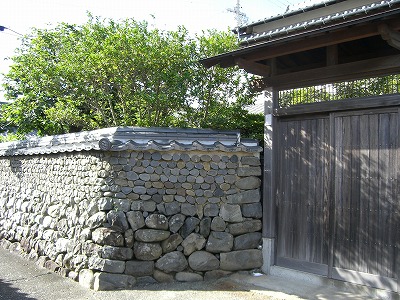
Old houses are surrounded by stone walls.
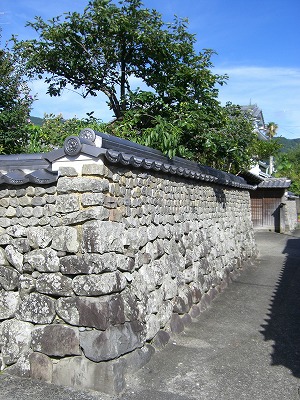
The stone walls prevent the houses from strong wind
and rain.
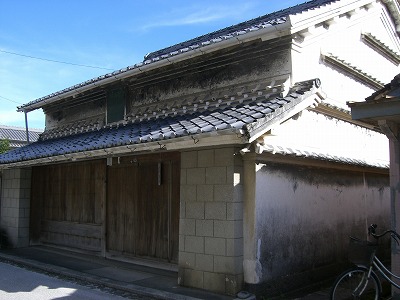
Lumber industry and trade made merchants rich.
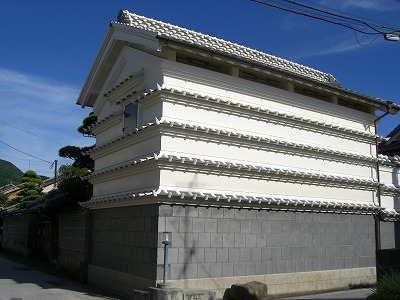
This unique style of Mizukiri-gawara in Kiragawa has been developed
in order to protect the house from wind and rain.
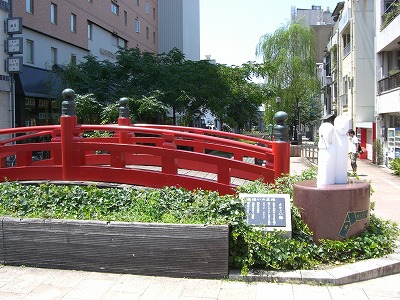
This bridge is in a song “Yosakoi-bushi”. The bridge which dates back to
the 17th century is in the Kochi City.
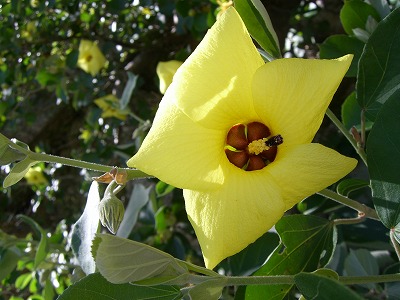
Hibiscus Hamabo can be found on the coast.
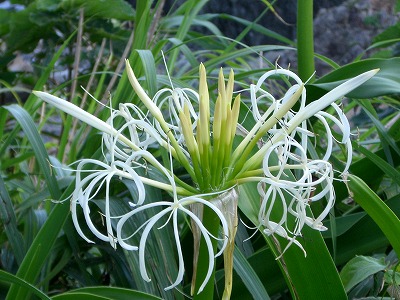
Hamayu can be found along the coast. Hamayu is the symbolic flower
of Muroto City.
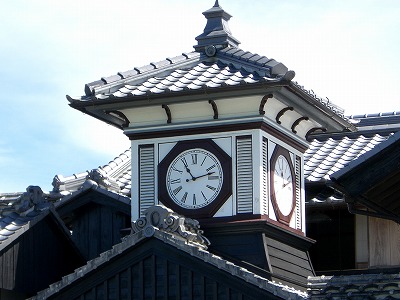
This clock tower, “Nora-Dokei”, was built by a local landowner,
Genma Hatakenaka, in 1887. All parts of the clock were made by hand.
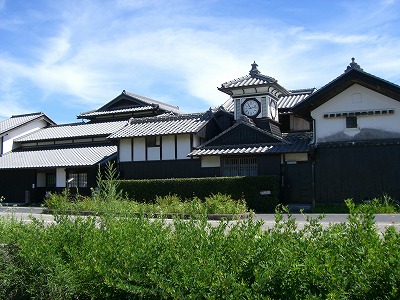
Mr. Hatakenaka made the clock for the peasants who were working
in the fields. Now it is the symbol of the City of Aki.
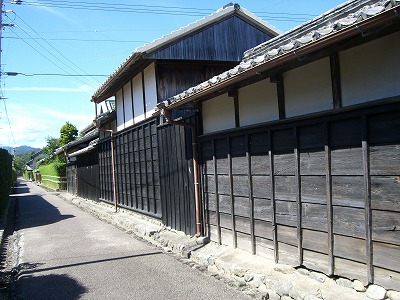
Samurai residential areas still remain as they were in the 16th century,
surrounding the ruins of Aki Castle.
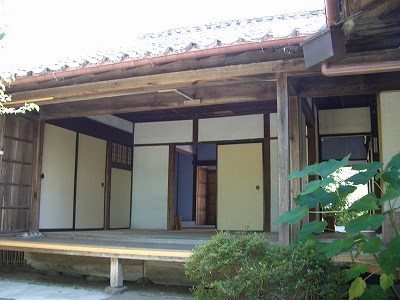
This is the private sector of one of the Samurai residence.
The Nomura family is opened to the public.
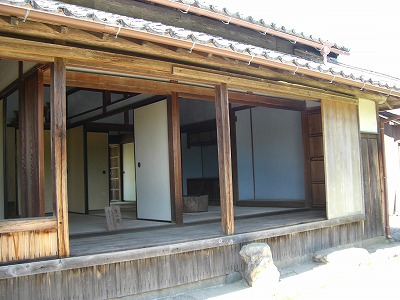
Right is the drawing room, left is the waiting room.
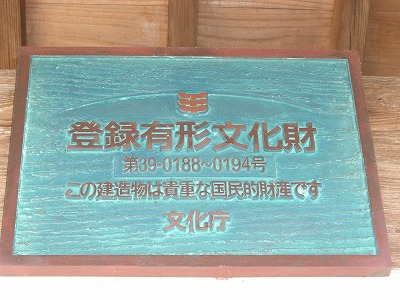
The Cultural Agency designates this residence as the tangible cultural
property.
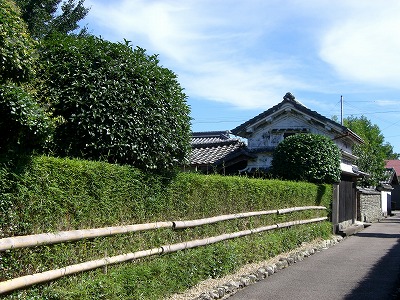
Each residence in Doi-Kachu is surrounded by bamboo hedge.
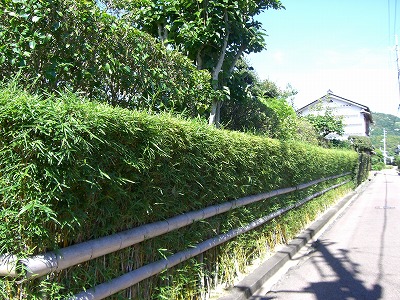
This area is designated as a historic preservation district by Aki City.
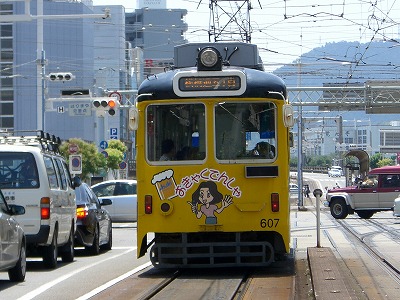
How about havig a drinking party on a streetcar? Pay 3,980 yen, and
you can drink as much as you like with dishes.
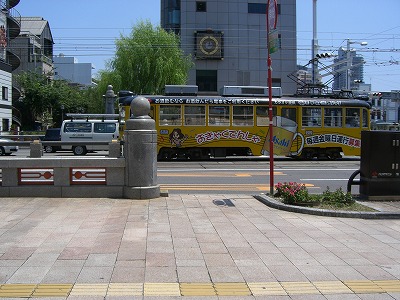
This service is offered by Tosa Denki Tetsudo.






















